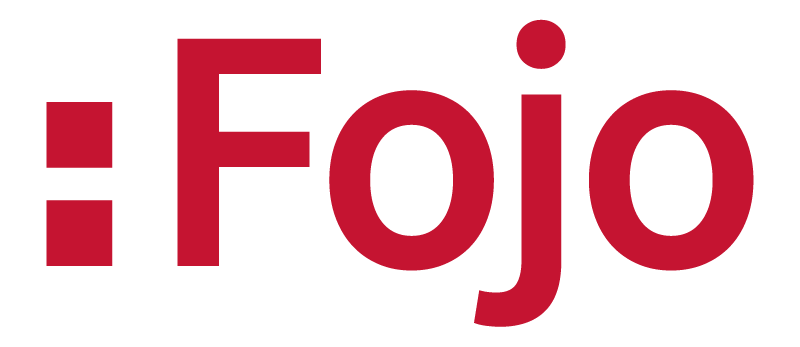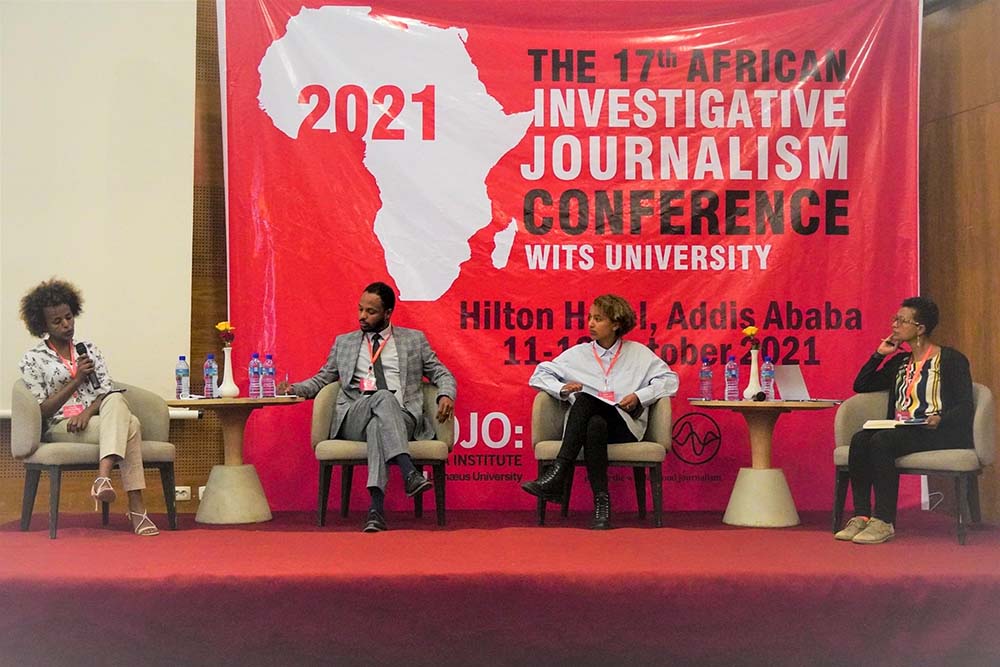As Africa’s biggest investigative journalism conference kicks off in five major cities across the continent, Fojo – IMS is cohosting the sessions that take place in Addis Ababa in Ethiopia.
Fojo – IMS in collaboration with the University of the Witwatersrand, Johannesburg, is co-hosting the African investigative journalism Conference, as it comes to Ethiopia for the first, running from 11-13 Oct 2021 at Hilton hotel Addis Ababa. The conference will take place in five major cities across the continent: Addis Ababa, Nairobi, Abuja, Dakar, and Johannesburg. In each of the host cities, the primary host, Wits University is working with co-hosts: Code for Africa in Nairobi and Dakar, Premium Times in Abuja; and Fojo/International Media Support in Addis.
Aiming to give African and international investigative journalists a chance to learn new skills, hear about the top investigative stories and share experiences, in what is considered the largest gathering of investigative journalists on the continent, the conference will also be live-streamed, so that those who cannot make it to one of the five cities are still able to participate in the programme.
The conference takes place during three full days of conferencing (Oct 11-13), with two more days of intensive online training opportunities for participants (Oct 14-15).
The IMS-Fojo Programme Manager Sofie Gullberg said that the conference will showcase some of Africa’s best journalists sharing knowledge, experience, and networking, and offer training in the latest investigative tools and techniques.
There are six local sessions from Addis Ababa besides the online live streamed programme. The AIJC21 in Addis covered topics such as fact checking dynamics, the future of Investigative journalism practices in Ethiopia, safety whilst investigating, sustainability of investigative journalism and a master class training on civic signal, a new platform for a news analysis for Africans from Code of Africa.
“I thought of having this conference in Ethiopia, to make it possible for experts in this field to network and share experiences with each other. The conference tries to be inclusive across the regions with a gender representation. Moreover, almost all active media organisations in Ethiopia are invited. It is a great, great contribution to skill sharing for those participating from Ethiopia,” says Fojo-IMS Programme Manager Sofie Gulberg
The conference puts forward key skills to be taken by media managers and practitioners to kickstart investigative reporting in their media house and in the industry as well. It covers the need for investigative reporting, challenges with best practices from the other co-hosting cities in Africa, which is believed to contribute for the real implementation of the reporting.
The event is held to inspire the Ethiopian media and practitioners to develop skills, networking and share best practices of the Investigative reporting, training, and catch-up on cutting edge tools and techniques. It is also aimed at giving African and international investigative journalists a chance to learn new skills, hear about the top investigative stories and share experiences.
Professionalism is one of the key components of the Fojo – IMS media reform programme in Ethiopia as it aims to help the media capacity on skills of reporting, monitoring etc. Furthermore, other key components of the program such as media reform and inclusion will be strengthened in the existence of skilled and professional journalists and media managers committed to promote media professionalism and ethical practice.
The Fojo-IMS Media reform programme is being implemented between 2019-2023 supported by the Swedish and Danish Embassies.



